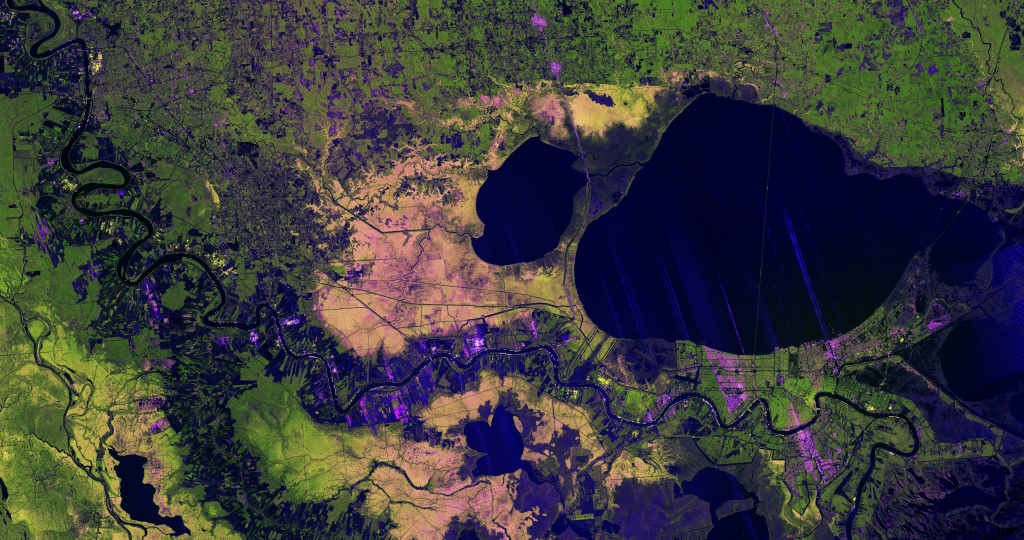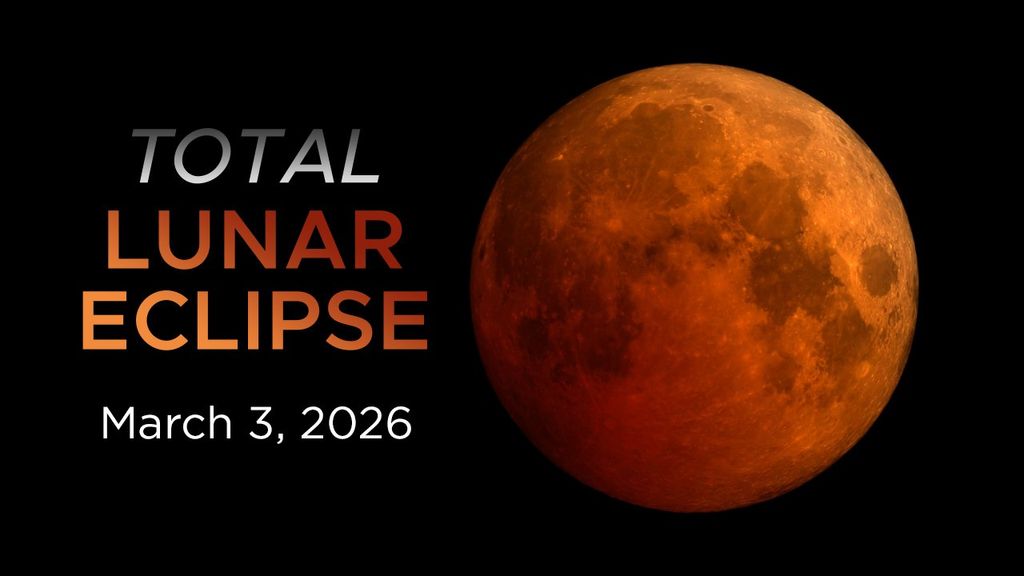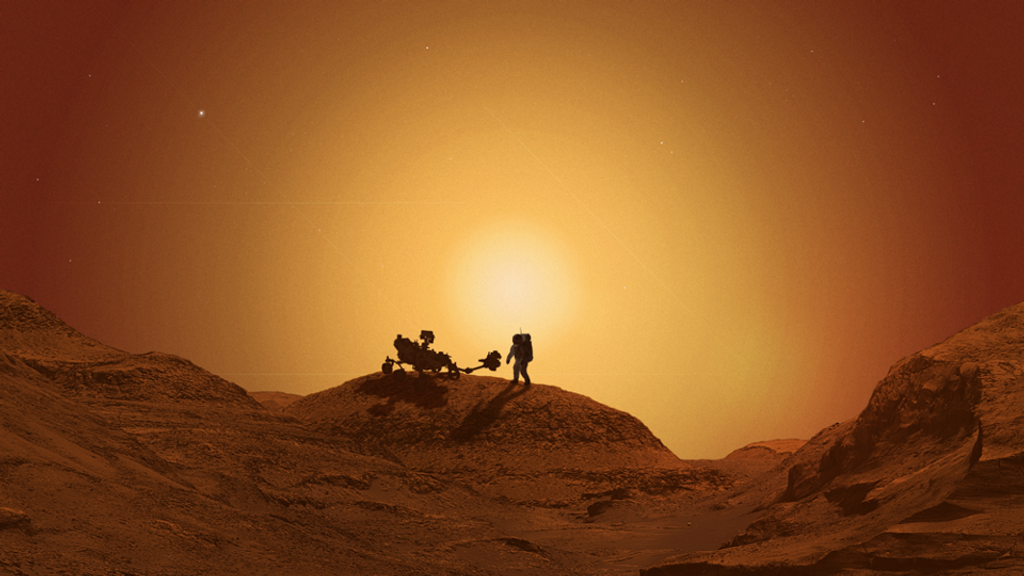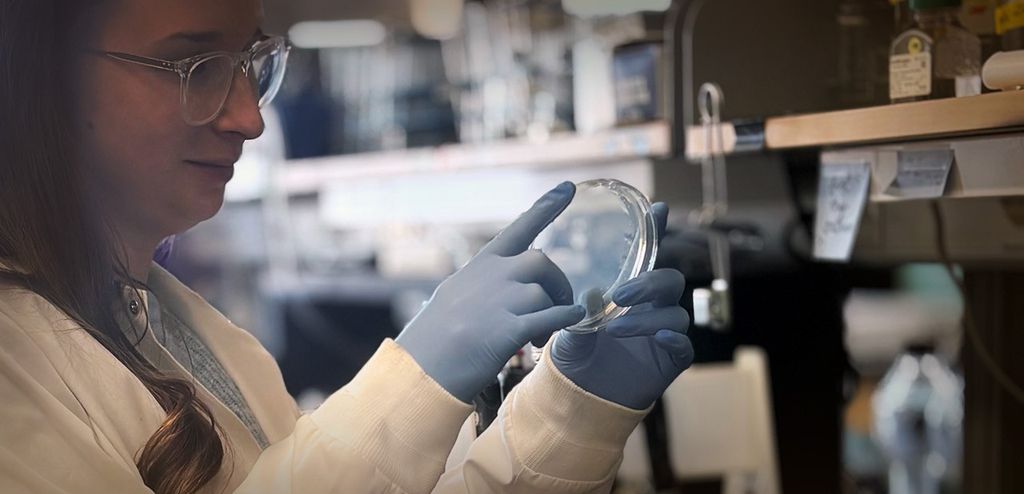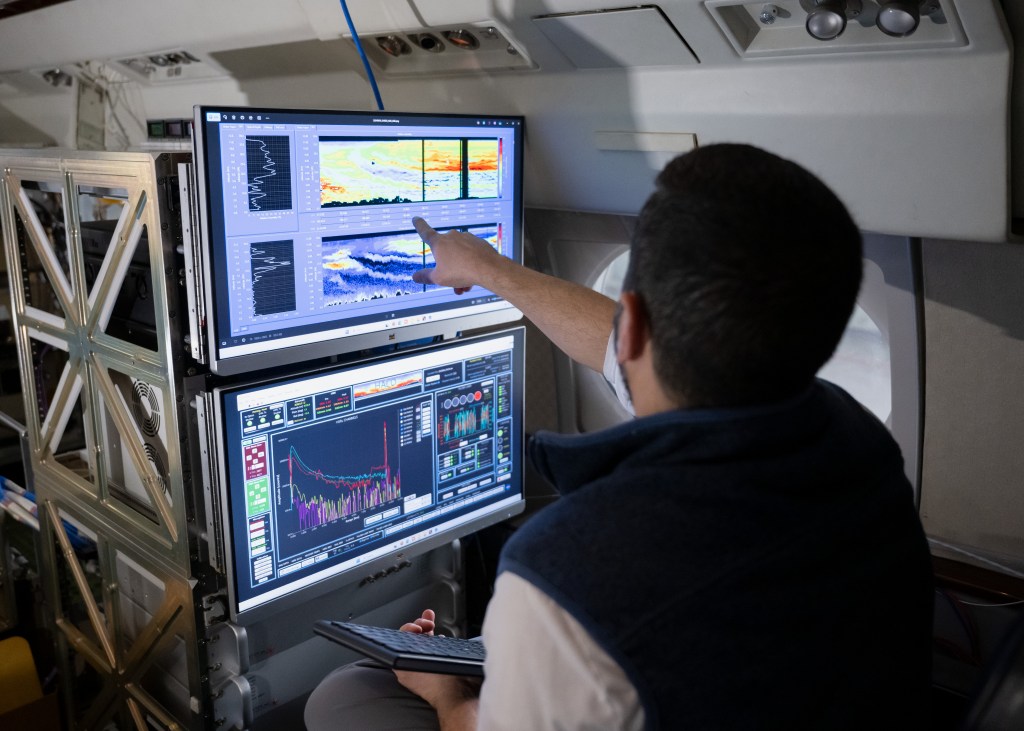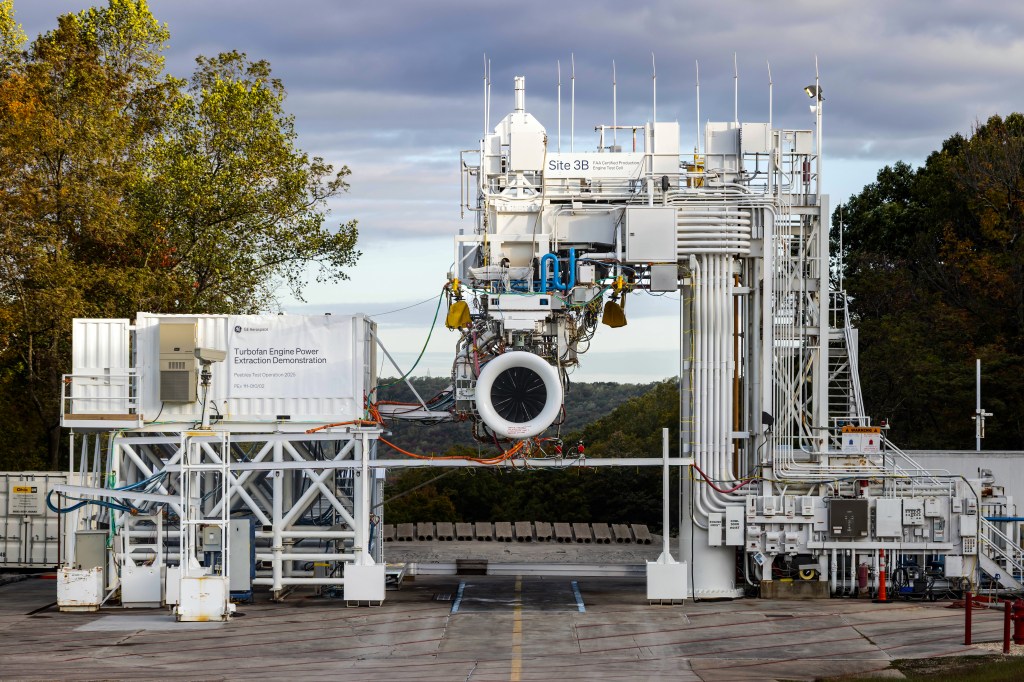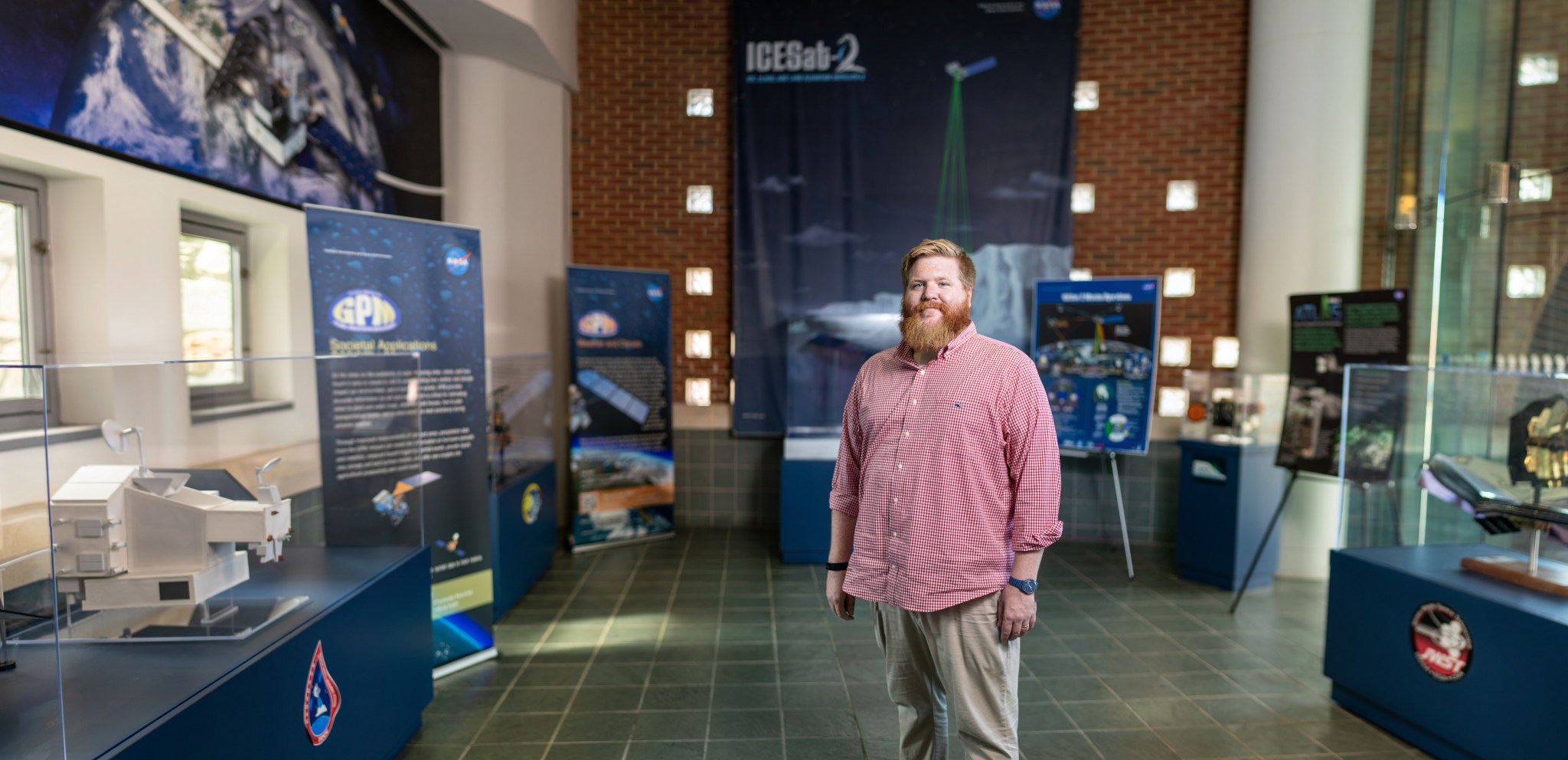Name: Colin Bornmann
Title: Contracting officer
Formal Job Classification: Contracting officer
Organization: Code 210Y, Earth science projects procurement, Management Operations Directorate
What do you do and what is most interesting about your role here at Goddard? How do you help support Goddard’s mission?
I support Earth science flight projects in procuring goods and services. Currently I support three main projects, which are Plankton, Aerosol, Cloud, ocean Ecosystem (PACE); Total and Spectral solar Irradiance Sensor-2 (TSIS-2); and Earth Science Data and Information System (ESDIS). PACE and TSIS-2 are flight projects that are set to launch in the next five years. I also review the work of contract specialists associated with these projects, but I do not formally manage a team.
How did you become a contracting officer?
I grew up in Colorado and came to this area to go to George Washington University for a bachelor’s in international affairs. I did not really fall in love with international affairs and wanted to get into the sports business working for a professional sports team. I got a master’s in business management from Georgetown University. While at Georgetown, I took a contracts class and fell in love with contracts.
What fascinates you about contracts?
The most interesting part about contracts, and my current job, is negotiation. It is a rare opportunity for two parties to come together to compromise and still get something both sides want.
What makes a good negotiator?
The realization that it is not two sides fighting each other and that both sides should view themselves as winners. After the contract is signed, both parties will continue to work together for at least approximately five years because most government contracts last for about five years. Going into negotiations thinking that you are working with your potential team makes everything easier. At the end of the day, both sides have a common goal of mission success.
We spend citizens’ tax dollars. We have to be fair, honest and straight-forward with both the public and the contractors.
How did you come to work for NASA?
My first position was with the James Madison Memorial Fellowship Foundation in Alexandria, Virginia, a federal agency that provides scholarships for American history teachers to study the Constitution. This job really gave me a desire to continue in federal service. I was there for three years.
I wanted to specialize, so I moved to the Department of Homeland Security into government contracting. While at DHS, I supported cybersecurity efforts and honed my skills in contracting overall. I worked there for four years.
I have always had a passion for space. I saw an opportunity to continue working in contracting at Goddard and jumped on it. I have been here for three years.
What do you enjoy most about working at Goddard?
I enjoy the direct contact with science. Goddard offers scientific and leadership colloquiums and various talks all the time. I interact with the scientists on my projects and even visit them in their labs. Goddard’s culture of learning is fantastic. Everyone is encouraged to continue learning. I feel like I learn just by being here.
Do you have a mentor? If so, what is the most important advice you learned?
I have both a formal and an informal mentor. The best guidance they have given me is explaining the unwritten rules about how to be successful here. For example, we have a robust review process for many of our contract documents. They both taught me how to best navigate the process to quickly get the needed reviews.
What is your role as the Vice-Chair of the New and Developing Professionals Advisory Committee?
This past year, I became the vice-chair of the New and Developing Professionals Advisory Committee, which formed in 2009. This committee represents both new and developing professionals at Goddard. We want to be as inclusive as possible, so anyone can be a developing professional including those in new positions, those who want new positions, those new to management or any other self-definition of developing. We have welcomed people who have worked here for 30 years and were changing professionally. We are all developing employees.
Everyone comes to Goddard with a unique skills set. I try to encourage new and developing employees to act confidently in the work place. NASA needs the expertise of all ages, skill levels and backgrounds to accomplish our mission.
I also let them know that is OK not to know something. If you do not know an answer, you say so and then find the answer.
Our committee also holds numerous events. Our highlight event is our brown bag lunch sessions with professionals both from within government and outside in the private arena. Our more recent guests have included a former aide to U.S. Sen. Barbara Mikulski, who is now working in the space private sector; a strategic planner for NASA; and various senior-level engineers and scientists. We invite everyone on center to these sessions.
As an advisory committee, we meet with Goddard senior management monthly to discuss priorities, initiatives and paths forward. All levels of senior management have always been very supportive. Because of their support, we have seen our membership grow to over l00 Goddard employees of all ages.
Who is your favorite author?
Frank Herbert, who wrote the Dune series. Currently I am reading Game of Thrones. I love sci-fi and fantasy.
What is your favorite travel destination?
My wife and I love to travel. Our favorite places to visit include Argentina and Scotland, which reminded me of home. My wife, an economist, is a wizard at maximizing travel points and miles.
If time travel were possible, when and where would you visit, and why?
I would go back to the Early Republic period of the United States, 1790–1810, a period of great prosperity for the country and a time without wars or political or cultural strife. Many famous, great Americans were still alive including George Washington, James Madison and Thomas Jefferson. There was a lot of positivity then, the country was brand new and the sky was the limit.









